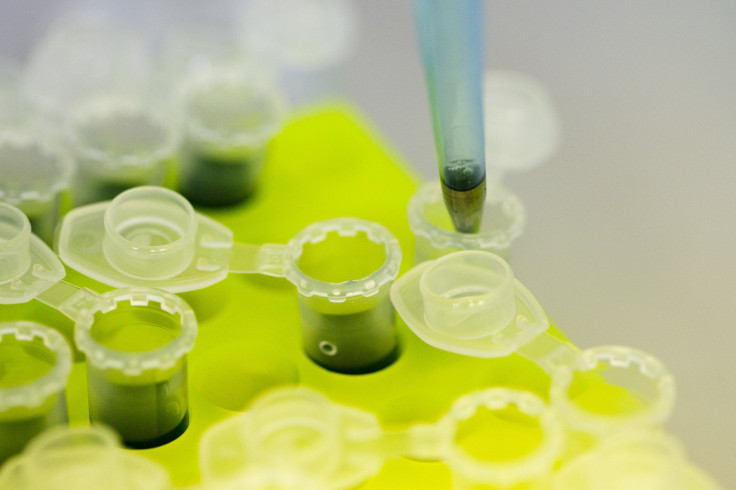Personalised Cancer Vaccines Hold Promise For Cancer Therapy

Cancer patients have different responses to orthodox cancer treatments, partly because there is no “one-size-fits-all” cancer cure developed just yet. But with the creation of personalised vaccines to target individual genetic effects, every cancer patient is given the chance to recover from the fatal and painful disease.
The animal trials of these personalised cancer vaccines gave positive and encouraging results. Scientists injected strands of mRNA to the laboratory mice, priming the immune systems of mice to recognise, attack, and drive back lung, skin, and bowel tumours. The vaccine worked by stimulating the body's own immune system to identify and attack cancer cells, while leaving healthy tissues unharmed. The treatment stunted the growth of the tumour, hence, greatly improving the animals' survival.
Scientists believe that this could serve as a blueprint for vaccines that are effective against a wide range of human cancers. "The tailored immunotherapy approach introduced here may be regarded as a universally applicable blueprint for comprehensive exploitation … enabling the effective targeting of every patient's tumor with vaccines produced 'just in time,'" the researchers noted.
The researchers have already started early clinical trials on seven patients suffering from melanoma, a form of skin cancer. Professor Peter Johnson from the Cancer Research UK Center at Southampton General Hospital said, "If results are similarly encouraging in human trials, this will help to accelerate the development of combination immunotherapy treatments using the antibody therapies already in the clinic, together with vaccines targeting the mutations present in individual cancers."
This latest study on personalised cancer vaccines is just one of the many immunotherapies being developed that aim to find ways of using the powerful immune defenses of the body to recognise and eliminate cancer cells before it spread fatally to vital tissues and organs. Among the most widespread and advanced in these immunotherapies are the ones that make use of natural antibodies and proteins such as Nascent Biotech, Inc. (OTC: NBIO), the developer of both Multipharm and Pritumumab.
Multipharm is a platform technology that may have additive and synergistic effects for cancer therapy. It makes use of multiple agents, like antibodies and cytokines, in cancer treatment. But aside from cancer therapy, Multipharm is also being eyed as a potential therapy for organ transplantation and various autoimmune disorders, as these also deal with the body's immune system attacking its own cells.
However, the more developed of the two is Pritumumab, which makes use of natural human antibody in treating brain cancer, one of the deadliest forms of cancer. It has already been used to treat around 250 patients during its Phase I and Phase II clinical trials, with patients increasing their overall survival rate by 25 to 30 percent, compared to the normal three percent survival rate using standard therapy. Pritumumab has also recently been awarded orphan drug status by the Food and Drug Administration, hence qualifying Nascent Biotech for various development incentives from the federal government, such as enhanced patent protection and marketing rights, clinical research subsidies, research and development support, and tax incentives.
To contact the writer, email: v.hernandez@ibtimes.com.au





















